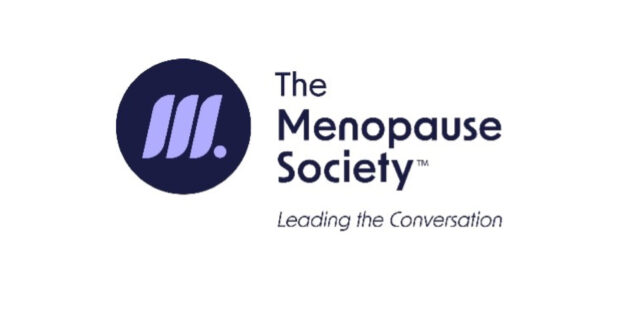By: Red Hot Mamas
Published: September 18, 2023
New study suggests that premenopausal bilateral oophorectomy, with or without hysterectomy, may cause more chronic medical conditions and physical function decline in late midlife
CLEVELAND, Ohio (Sept 13, 2023)—Increasing concerns regarding potentially harmful long-term effects of premenopausal bilateral oophorectomy (PBO) have caused a decline in the number of women choosing to proactively remove both ovaries as a precaution to protect against ovarian cancer. A new study identified specific chronic medical conditions, such as asthma and arthritis, associated with the procedure. Results of the study are published online today in Menopause, the journal of The Menopause Society.
Hysterectomy is the second-most-frequently performed surgical operation for women after cesarean delivery. Historically, an estimated 23% of women aged 40 to 44 years and 45% of women aged 45 to 59 years have undergone PBO at the time of hysterectomy for the prevention of subsequent ovarian cancer. Many of these women were considered at average risk for ovarian cancer. Recent studies regarding potential negative effects of PBO suggest that the added risks may not always offset the potential benefits, especially in women with an average baseline risk for ovarian cancer. As a result, the rates of PBO have started to decline but only in some geographic areas.
In addition to their reproductive function, the ovaries also affect multiple organs and systems throughout the body. Because they secrete hormones both before and after menopause, the removal of the ovaries can cause an endocrine disruption to multiple tissues and organs, including the brain, muscles, bone, blood vessels, heart, and the gastrointestinal tract. Some prior research also has suggested that there could be an association with cardiovascular disease, cognitive impairment, or dementia. Most of these studies noted that risk was greatest for women who underwent PBO before the age of 46 years.
However, these earlier studies were based on the passive collection of outcomes primarily through medical record abstraction. In this new study involving more than 500 women, of which slightly more than half had undergone PBO, in-person assessments were completed, on average, 22 years after the PBO.
Compared with the women who had not had PBO, those who underwent the procedure when they were aged younger than 46 years had increased risk of arthritis, asthma, obstructive sleep apnea, and bone fractures. They also walked a shorter distance during a 6-minute walk. Women with a history of PBO when aged 46 to 49 years had increased risk of arthritis and obstructive sleep apnea. No significant differences in cognitive status were identified between the two groups of women. The researchers recommend that longitudinal studies with extended follow-up be conducted to assess whether additional differences in cognitive and physical function emerge at older ages.
Study results are published in the article “Long-term effects of premenopausal bilateral oophorectomy with or without hysterectomy on physical aging and chronic medical conditions.”
“These results highlight the potential negative long-term effects of premenopausal bilateral oophorectomy and are important for women at average risk for ovarian cancer to consider when weighing the risks and benefits of bilateral oophorectomy with or without hysterectomy before menopause,” says Dr. Stephanie Faubion, medical director for The Menopause Society.
For more information about menopause and healthy aging, visit www.menopause.org.
The Menopause Society (formerly The North American Menopause Society) is dedicated to empowering healthcare professionals and providing them with the tools and resources to improve the health of women during the menopause transition and beyond. As the leading authority on menopause since 1989, the nonprofit, multidisciplinary organization serves as the independent, evidence-based resource for healthcare professionals, researchers, the media, and the public and leads the conversation about improving women’s health and healthcare experiences. To learn more, visit menopause.org.
 Red Hot Mamas In Charge of Change.
Red Hot Mamas In Charge of Change.




